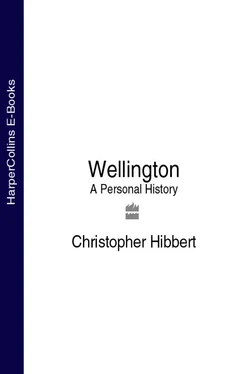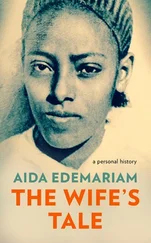Finally I must say how grateful I am to Professor Norman Gash, biographer of Peel and author of the article on Wellington in the forthcoming New Dictionary of National Biography , for having read the book in typescript and given me much valuable advice for its improvement.
Christopher Hibbert
MAPS
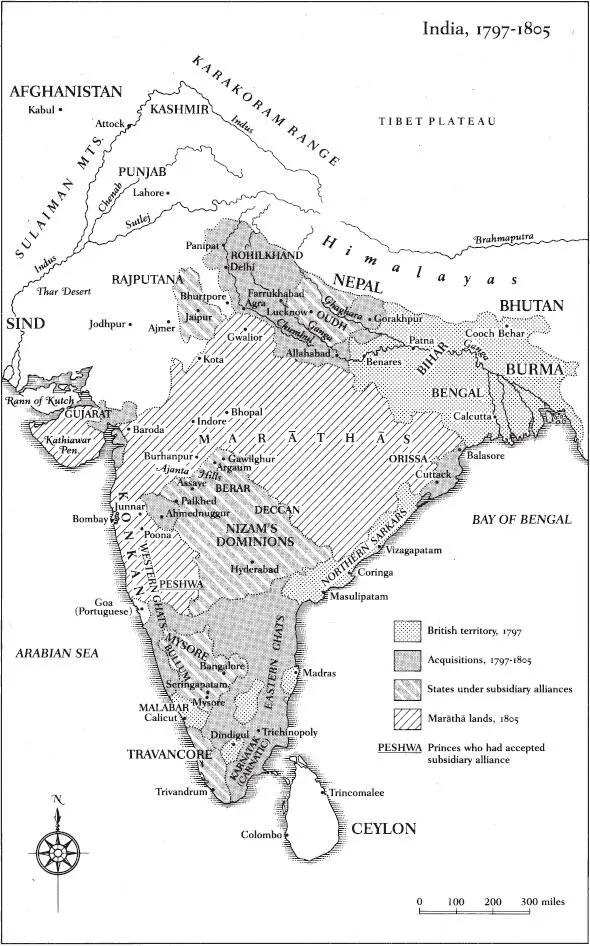
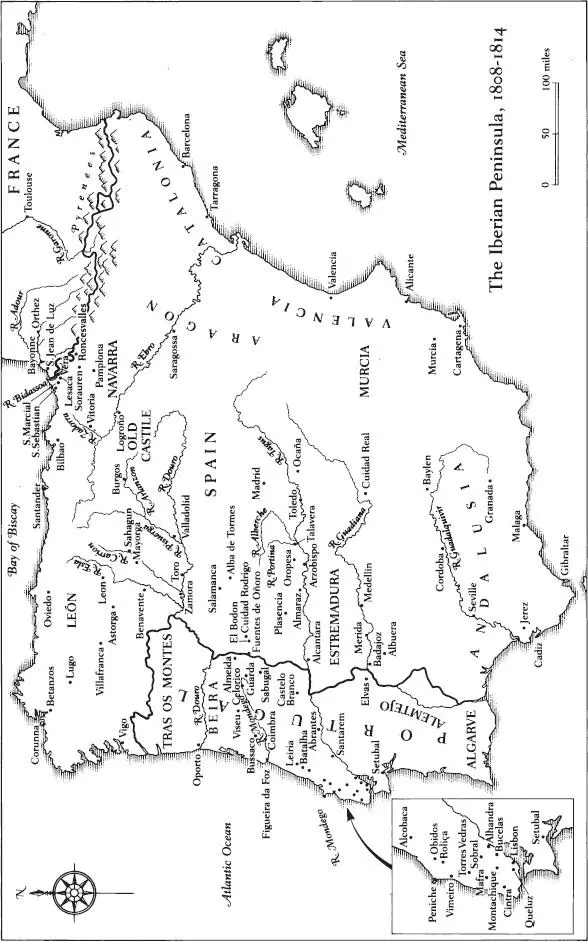
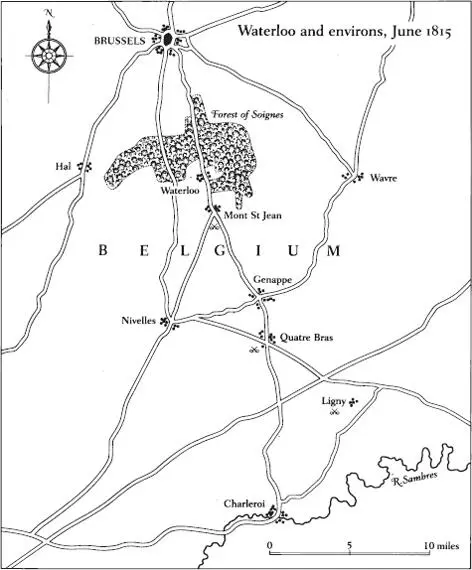
I
1769–1815
1 Eton, Dublin and Angers
1769 – 87
‘My ugly boy Arthur is food for powder and nothing more.’
AMONG THE new boys whose baggage was set down at the gates of Eton in the autumn of 1781 were two of the five sons of the first Earl of Mornington. The elder, the Hon. Arthur Wesley, was twelve years old, the younger, Gerald, was nine. Neither had yet shown much aptitude for scholarship and they were not expected to shine at Eton in the glittering manner of their eldest brother, Richard, who had mastered Greek and Latin with equal facility, had, afterwards at Oxford, won the Chancellor’s Prize for Latin Verse, and would, no doubt, have taken an excellent degree had not the early death of his father necessitated his presence at home.
His father, Garret Wesley, Lord Mornington, had not been a practical man. Descendant of an ancient English family which had been settled in Ireland for generations, he had been a member of the Irish House of Commons before passing to the Irish House of Lords. But he had been more interested in music than in politics. His own father, Richard Colley Wesley, had been a musician of sorts, playing the violin quite well, so it was said, ‘for a gentleman’. 1There was an organ in the hall of the Wesleys’ country house, Dangan Castle, in the county of Meath, another organ in the chapel there and a harpsichord in the breakfast room. But Richard Colley Wesley had been essentially an amateur, whereas his son, a composer as well as performer from his early youth, had been able to take his place among the virtuosi of Dublin’s musical world and had been appointed Professor of Music at Trinity College. His godmother, Mary Delany, however, while acknowledging Garret Wesley’s musical talents, found him rather deficient in ‘the punctilios of good breeding’, and had consequently been much gratified when he announced that he was to marry Lady Louisa Augusta Lennox, daughter of the second Duke of Richmond. Unfortunately, Lady Louisa had developed other ideas. Confessing that she had conceived ‘an insurmountable dislike’ for her noble suitor, she had accepted instead the hand of a richer young man; and Lord Mornington, whose father had died the year before, married Anne Hill, the eldest daughter of a banker, Arthur Hill, later Hill-Trevor, the first Viscount Dungan-non, a sixteen-year-old girl who, in the opinion of Mrs Delany, was modest and good-natured but, like her husband, rather gauche in manner, 2and, according to Mrs Nicolson Calvert, the beautiful Irish wife of an English Member of Parliament, a somewhat ‘commonplace character’. 3
The young couple had appeared to suit each other well. They had lived contentedly in the country at Dangan Castle and in Dublin in a handsome house facing Sefton Street. Their first child, Richard, had been born in 1760 and was styled Viscount Wellesley, that variation of the family name, which his brothers were later to adopt, being preferred as older and more aristocratic than Wesley with its associations of evangelical Methodism. Other children had followed at regular intervals: a second son, Arthur, who did not live long, a third son, William in 1763, then another boy, Francis, who died in childhood, followed in 1768 by a daughter, Anne, and on 29 April the following year by a sixth child who was named, like his little dead brother, Arthur, after his mother’s father. Arthur’s younger brother, Gerald Valerian, was born in 1770, the youngest son, Henry in 1773, and yet another child, Mary Elizabeth, soon afterwards.
By then the family had left their house in Dublin and moved to London where the children would grow up to speak without the Irish accent which, it was considered, ‘might be a disadvantage’ to them ‘in society hereafter’. 4They lived in rented rooms in Knightsbridge, their father by now in debt, struggling, not very successfully, to maintain a household befitting his rank, as well as a coach, on an income of £1,800 a year. His son, Arthur, who had been given his first lessons in a small school in the shadow of Dangan Castle, was sent to Brown’s Seminary, later known more grandly as Oxford House Academy, in King’s Road, Chelsea. He was, by his own admission, a shy, indolent and dreamy little boy who was often to be seen standing silently alone under a walnut tree while the other children played their rowdy games. So he was not sorry when, his eldest brother having mortgaged the family’s estates in Meath on their father’s death, he was sent with Gerald to Eton. 5
Eton in 1781 was a school of some three hundred boys. The activities to be seen on the playing fields appeared to the uninitiated to be more like free-for-all fights than games; and so, indeed, they often were.* It was not until halfway through the next century that football rules became sufficiently standardized for public schools to play matches against each other without brawling on the pitch. An unsociable boy, quarrelsome in his reserve, Arthur Wesley seems to have enjoyed neither football nor cricket; nor is there record of his having played any of the other games with which his fellow Etonians passed the hours they spent outside the classroom, fives and hoops, hopscotch, marbles and battledore. In later years he recalled leaping over a wide ditch in the garden of his old house, but he said he could not remember a fight he had evidently had with an older boy, Robert Percy (‘Bobus’) Smith, the ugly, amusing brother of Sydney Smith, the witty Canon of St Paul’s, whom he had provoked by throwing a stone at him when he was bathing. 6According to the school’s historian, Arthur Wesley did ‘little else’, other than engage in this fight, ‘to attract the attention of his schoolfellows’. 7Certainly he did not look back upon his days at Eton with any pleasure and returned to the school but rarely.†
As for his work in class, he made very slow progress, labouring gloomily in the Fourth Form, his name appearing in the lists at number fifty-four out of a total of seventy-nine boys, many if not most of them younger than himself. His command of the classics, for all the hours he was required to spend poring over Ovid and Caesar, remained so highly uncertain that in later life he was to pronounce that his two standard rules for public speaking were never to take on subjects he knew nothing about and, whenever possible, to avoid quoting Latin. 8
Early in 1784, after his younger brother, Henry, had entered the Lower Remove, it was decided that the family’s finances could no longer be stretched to keep Wesley major at a school whose education seemed to be profiting him so little. So he left Eton and, after a short spell with a tutor, a clergyman in Brighton, he was taken by his mother to Brussels where, it was hoped, she might live more economically and he would progress in French more satisfactorily than he had done in Greek and Latin. He did learn to speak French after a fashion and with a Belgian accent; but his other studies were not pursued with noticeable vigour and he spent much of his time in the lodgings his mother had taken for them in the house of a lawyer, Louis Goubert, playing the violin with patient assiduity and some of the skill of his father: a fellow lodger in the house, the son of a Yorkshire baronet, considered that Wesley played very well, adding that it was the only species of talent that the young man appeared to possess. 9
Читать дальше
